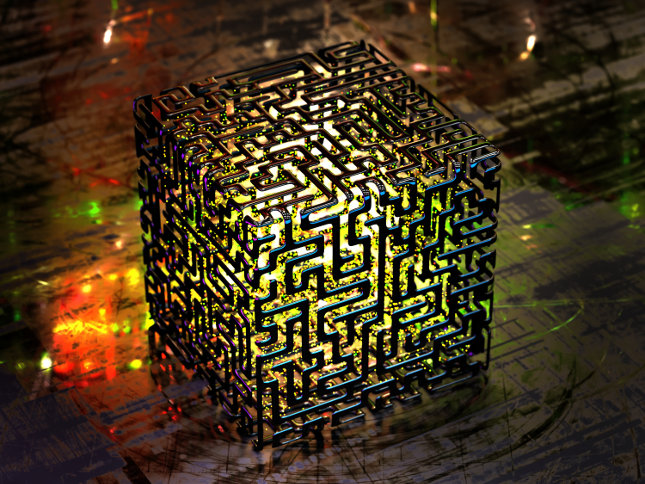
Microsoft’s Majorana 1 quantum chip could break encryption and expose your data to hackers
Microsoft is moving closer to quantum computing supremacy with the arrival of its new Majorana 1 chip, a development which could potentially have a far-reaching impact on cybersecurity. While the Windows-maker touts this as progress, the reality is far more concerning. The encryption that protects banking transactions, government data, and personal communications could soon be worthless.
Microsoft's advancement comes down to Microsoft’s new topoconductor material, which enables a type of quantum computing that scales far beyond anything possible today. “We took a step back and said ‘OK, let’s invent the transistor for the quantum age. What properties does it need to have?’” said Chetan Nayak, Microsoft technical fellow. “And that’s really how we got here -- it’s the particular combination, the quality and the important details in our new materials stack that have enabled a new kind of qubit and ultimately our entire architecture.”

Will quantum computing ever be available off-the-shelf?
It goes without saying that quantum computing is complex. But people buy extraordinarily complex things through simple processes every day. After all, few smartphone buyers know how their devices work. Even a humble bar of soap arrives on the shelf only after the raw materials are extracted, refined, manufactured, packaged, shipped, and stocked.
The question is: will quantum computing’s complexity ever be contained to the point where end users can buy it "off-the-shelf"? The answer is: that depends on what you mean by off-the-shelf.

IBM disses Google's claims of 'quantum supremacy'
Earlier today, Google made a huge announcement, stating that it had achieved 'quantum supremacy', by building a quantum computer that "can perform a task no classical computer can".
Scientific journal Nature published the results of Google’s endeavors, in which the search giant explains that its Sycamore chip performed a computation in 200 seconds that would take the world’s fastest supercomputer 10,000 years, marking the start of a new computing era.
